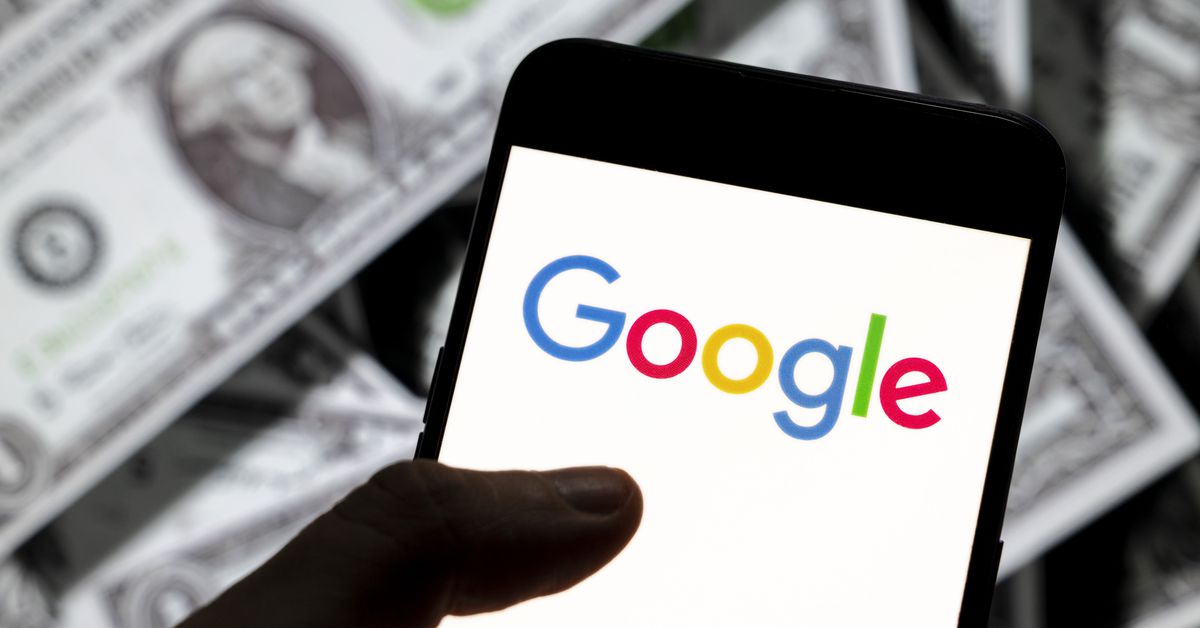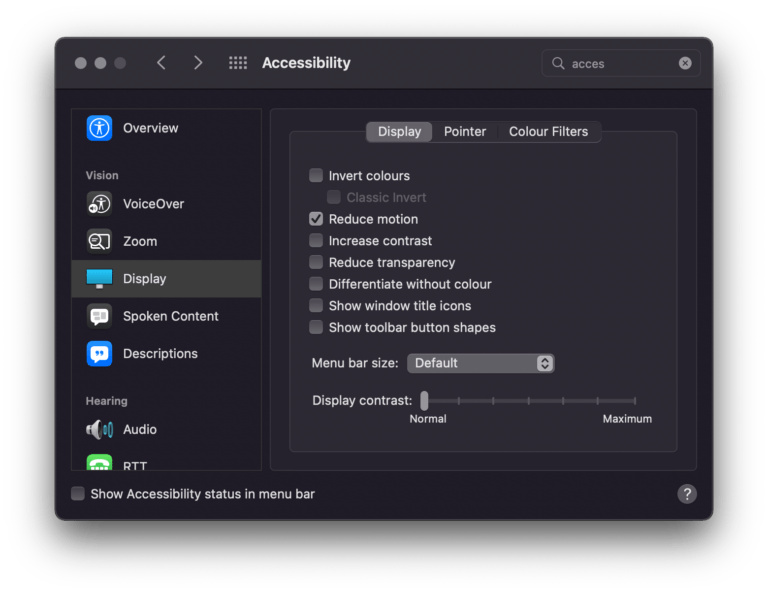
Hristo Georgiev recently received a troubling message from a friend: Google says he’s a serial killer. If you Googled his name, the search engine would serve up Georgiev’s professional headshot alongside a Wikipedia article about a Bulgarian serial killer with the same name who died in 1980. This is an unfortunate error, but it’s also not the first time Google’s algorithms have done something like this.
The actual Wikipedia article surfaced in Georgiev’s results didn’t include his headshot, and if you read carefully, you would quickly learn that the eponymous serial killer died by firing squad decades ago. Still, Google’s automated systems had made Georgiev, a software engineer based in Switzerland, appear to be someone he wasn’t. The company’s algorithms had plopped the information into one of its “knowledge panels,” the little boxes that appear on the top of search engine’s results and are supposed to offer a quick, authoritative answer to search queries so you don’t have to click through on results. But since Google debuted these panels in 2012, they have repeatedly promoted misinformation.
It took Google a few hours to fix the issue after several people reported it and it captured attention on the web forum Hacker News, Georgiev told Recode. Still, he says the wrong result, which may have been up for weeks, made him feel at least a “little uncomfortable.” He recalled that one person who searched for his name had a momentary “mini heart attack.”
The problem that led to Georgiev’s incorrect results can be traced back to Google’s Knowledge Graph, which the search engine calls a giant virtual encyclopedia of facts. “Organizing billions of entities in our Knowledge Graph requires that we use automated systems, which often work well but are not perfect,” a Google spokesperson told Recode. “We’re sorry for any issues this mix-up caused.”
Google has a formal process for flagging and removing inaccurate information in its knowledge panels, but it largely relies on users to catch when something is wrong. That’s left users responsible for noticing if Google is surfacing incorrect information about them in its top search result and then reporting the error back to the search platform. The company has launched a system for organizations and people to verify their identities with Google so they can more easily provide direct feedback to Google about the accuracy of the knowledge panel that relates to them.
Still, people in the past have complained that getting false information removed from these panels is a burdensome process, and others have said it can take months or even years. The Google spokesperson told Recode the company regularly reviews feedback about its Knowledge Graph results but did not comment on how often the company receives requests for changes.
Ultimately, the issue is part of Google’s broader problem: relying on algorithms to identify and offer the correct information doesn’t always work and can actually risk amplifying misinformation.
Google says its Knowledge Graph works by connecting pieces of information from around the web that are about a particular person, place, or thing — especially for notable people, places, and things. That’s more advanced and specific than surfacing results based only on keywords, as the company explained when it launched the tool in 2012. Google has used information collected from this system, which the company says includes 500 billion pieces of information concerning 5 billion entities, to curate the special sections of its search results the company calls knowledge panels. These boxes encourage internet searchers to stay on Google’s results page rather than clicking on results and visiting other websites.
Google’s Knowledge Graph focuses on surfacing different pieces of information from around the web that are about a particular topic or thing rather than looking for pieces of information that just include the same keywords.
Sometimes these panels make it faster and easier to get answers on Google. But Georgiev is just one of several people left frustrated when information about murderers pops up in knowledge panels when people search their names. Other times, these results will wrongly report that a person is married or dead. Even more concerning, these panels have elevated hateful content, as they did two years ago when a panel associated with the term “self-hating Jew” — an anti-Semitic term — attached an image of the Jewish comedian Sarah Silverman.
Eni Mustafaraj, a computer science professor at Wellesley, told Recode that these problems often result when a computer system mismatches information from two different sources — in the case of Georgiev, an image and a Wikipedia page.
At the same time, the incident makes clear how reliant Google’s knowledge panels are on the user-edited information on Wikipedia. “This kind of story is just a reminder of how dependent search engines generally are on what’s basically unpaid, uncompensated volunteer labor by a huge group of people from across the world,” Nicholas Vincent, a doctoral student at Northwestern who has studied search engines, told Recode.
Google says mistakes are rare in these panels, but it seems like it’s still up to humans to catch and fix their errors. “You’re working with massive amounts of information, right?” Georgiev told Recode. “There are errors bound to happen. It’s just that when you’re Google, you have to be really careful with this kind of stuff.”
In the meantime, he says, you should start Googling yourself.






